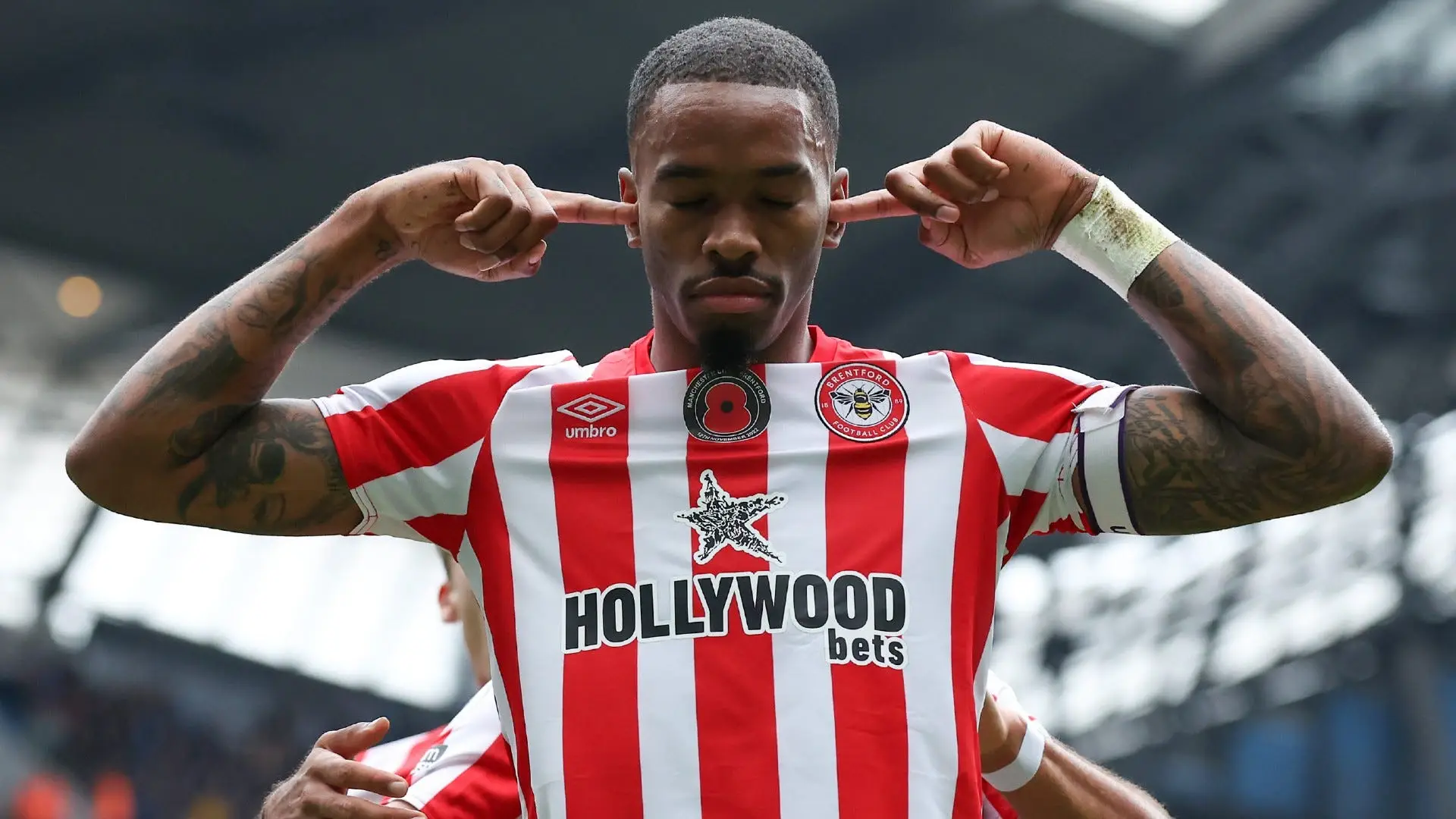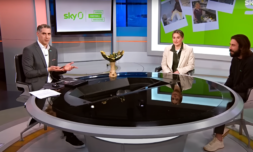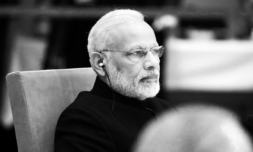Around 700 gambling ads are visible in every Premier League match and live odds are constantly touted online. Here’s why banning front-shirt sponsors for bookies isn’t sufficient.
Football has become synonymous with gambling in the UK, and that is indubitably a problem.
As someone obsessed with the beautiful game, my mind is usually preoccupied with the sporting permutations of each weekend; who is looking likely for a title run, who’s in contention for a top four finish, and who’s likely to be relegated?
For many UK enthusiasts, however, the main draw of football action is provided by an opportunity to earn some extracurricular cash through betting – and a legion of bookies are constantly vying for their attention.
Over the course of a 90-minute game, you’ll see around 700 gambling adverts. That’s about six every minute. Their messages are constantly flooding our subconscious minds through hoardings, television adverts, broadcast set adornments, and even shirt sponsors.
In the case of the latter, betting sponsorship is to be axed for the 2025/26 season on the front of shirts but will still be allowed on shirt sleeves. This feels like something of a sideways step when you look at public data on the government website.




















